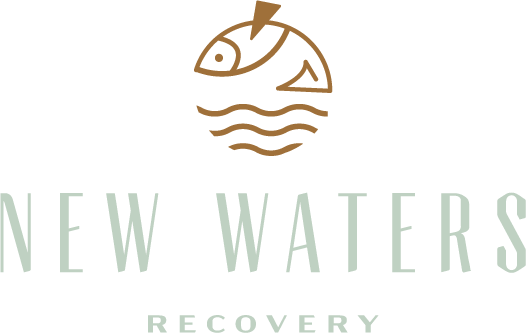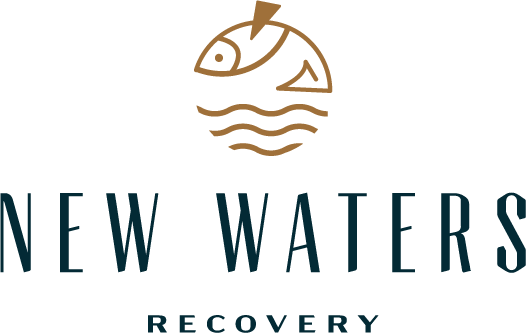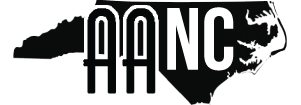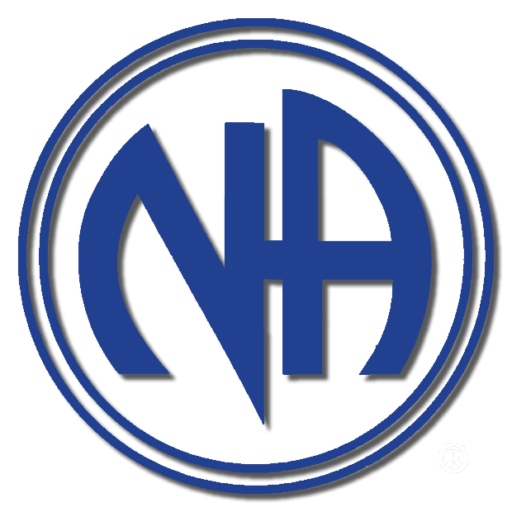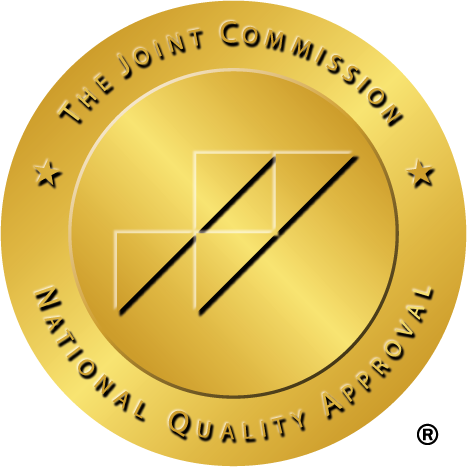One of the challenges of seeking addiction treatment is paying for it. Luckily, local treatment centers offer a lot of resources to help with treatment expenses.
Health insurance may cover part or all of the costs of addiction treatment, but this can vary by provider and treatment center. Insurance providers typically create a network of healthcare providers, facilities, and doctors to provide care to their members. These in-network providers have contracts with insurance companies to offer lower prices and services for insurance plan members. Out-of-network providers don’t have such contracts, so they may have higher prices.
However, in-network and out-of-network coverage varies, as do different insurance plans, so it’s important to discuss your plan specifics with your insurance provider and your preferred facilities.
If you don’t have insurance, or your insurance doesn’t offer adequate coverage for addiction treatment, some treatment centers offer income-based fees or installment payment plans to distribute the cost of treatment over a longer period. This is often easier than coming up with a lot of money at once.
Don’t forget to check into options for state-funded programs, non-profit financial assistance, and free or low-cost treatment services. These are typically based on need. For example, the North Carolina Department of Health and Human Services offers resources for state-operated facilities and financial assistance. Help.org also offers resources to help people access treatment grants and scholarships for rehab services.
